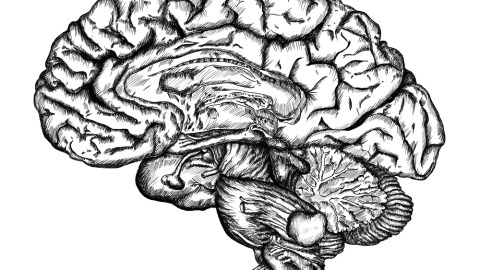New Theory of the Brain Overturns Past Dogma

What’s the Latest Development?
A new study of the brain’s biology completed at Columbia University has overturned the accepted theory for how humans process higher-order thoughts, such as reflecting on the past and planning for the future. “The research was conducted in the well-understood sensory system of rat whiskers, which operate much like human fingers, providing tactile information about shape and texture. … Past research has mapped each whisker to a specific barrel-shaped cluster of neurons in the brain.” The new study found that signals are processed in two parts of the cortex simultaneously rather than in series—almost as if there are two brains.
What’s the Big Idea?
The new findings suggest that the evolutionary development of the brain is responsible for the varying intelligence levels among different animal species. “The study suggests that the upper and lower layers of the cerebral cortex form separate circuits that play separate roles in processing sensory information. Researchers believe that the deeper layers are evolutionarily older—they are found in reptiles, for example, while the upper and middle layers appear in more evolved species and are thickest in humans.” The Columbia lab which conducted the experiment is now focused on exploring how the various layers of cortex relate to specific behaviors, such as memory and learning.
Photo credit: Shutterstock.com





